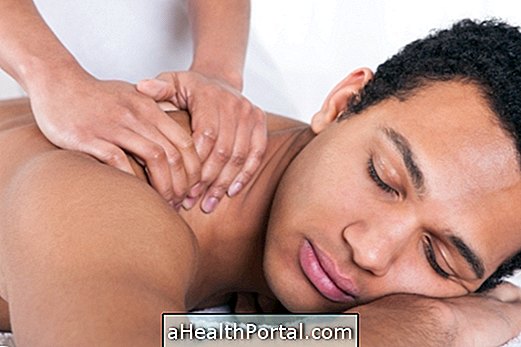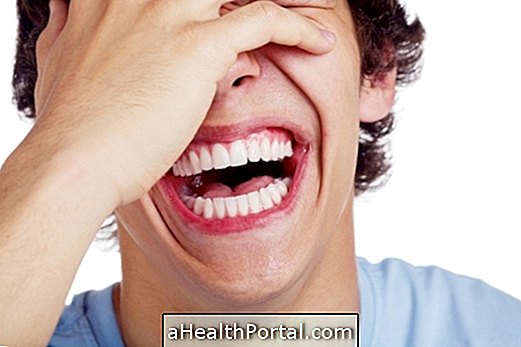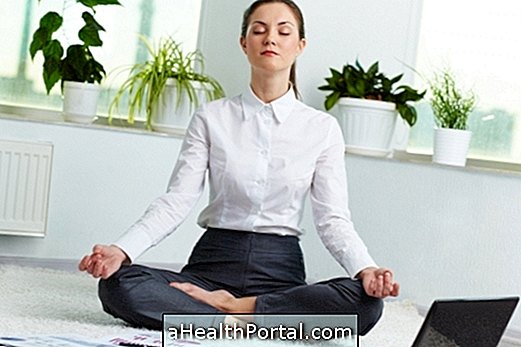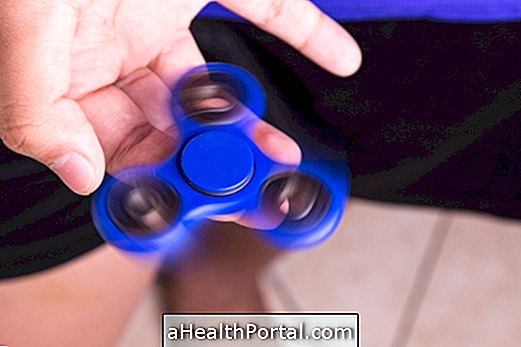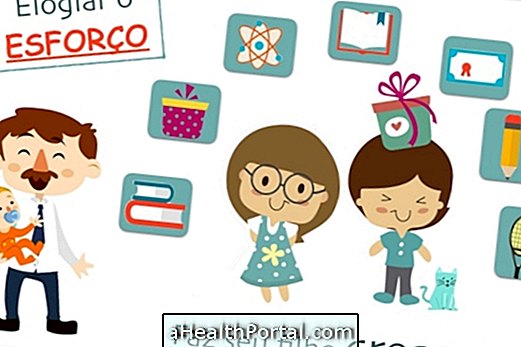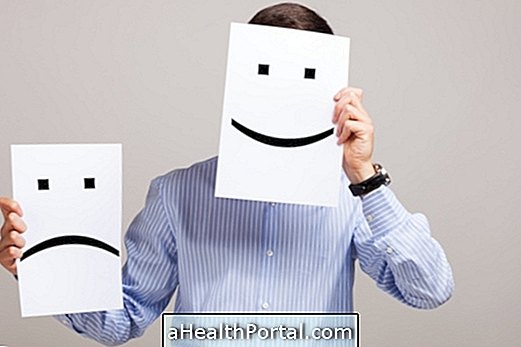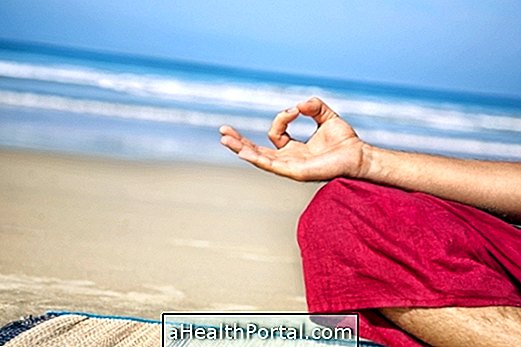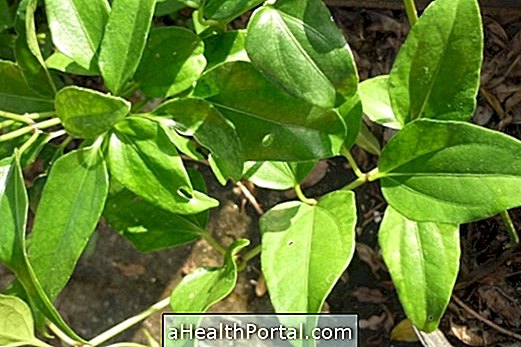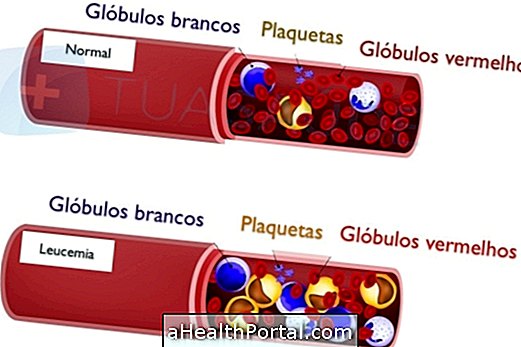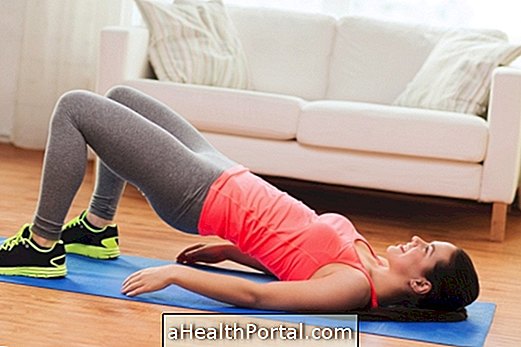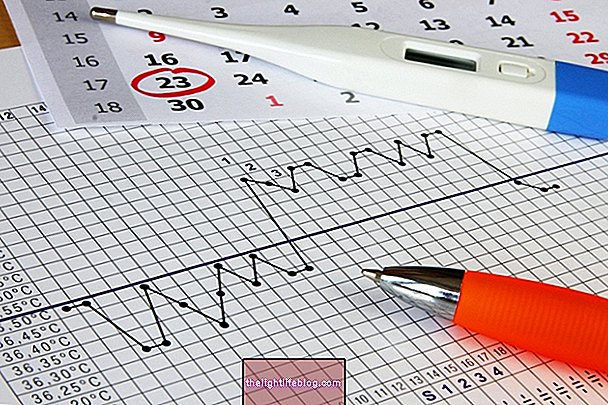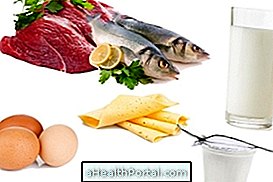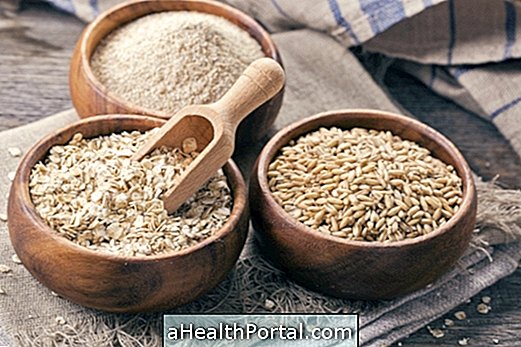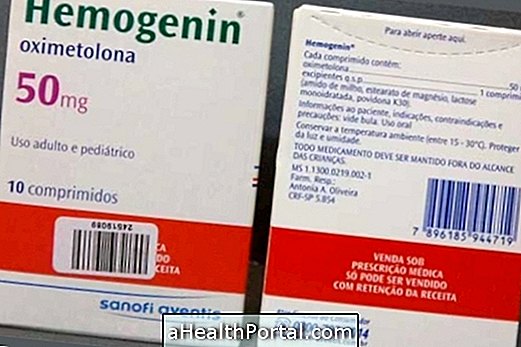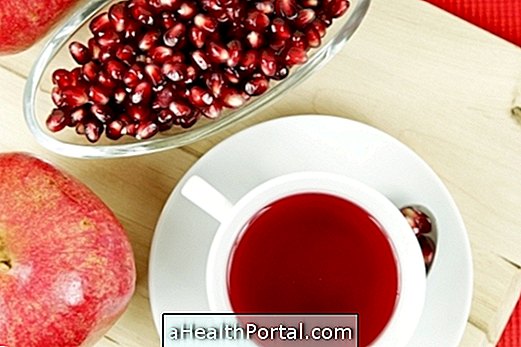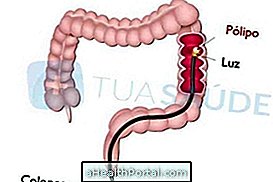When the days get very hot due to summer, the number of emergency cases in hospitals may increase. This happens especially among children and the elderly because they dehydrate very quickly, needing to be assisted by a doctor.
However, heart attacks, migraine attacks and breathing problems are problems that can also arise during this time of year, affecting people of all ages.
So, to have a safer summer and avoid running the risk of having a problem, we recommend some tips, such as:
1. Stay away from the sun
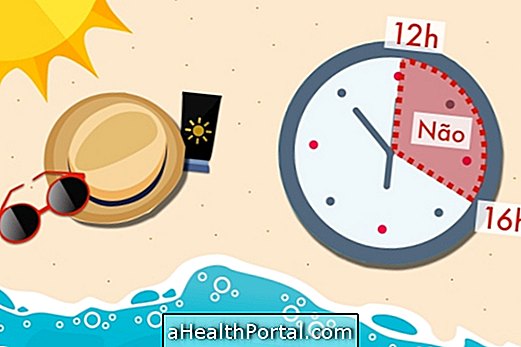
This tip is especially important during the hottest hours, ie between noon and 4:00 p.m. At this time, the sun's rays are stronger and therefore, in addition to being a greater risk of sunburn, there is also a higher loss of water through the skin, which can cause severe dehydration.
During this time, even if you are not lying in the sun, it is essential to wear sunscreen every 3 hours, wear a hat and wear sunglasses. Find out the best protector for your skin!
2. Exercise in the morning

Physical exercise is critical to keep your body functioning properly, as well as to eliminate toxins. So it does not need to be avoided in the summer. It is only recommended to exercise when it is less hot, this is early in the morning because you are not as tired as in the late afternoon.
3. Wear light clothing

The use of light colored light clothing helps the skin to eliminate excess heat from the body. That way, it is preferable to opt for light shirts, shorts and summer dresses, for example. Never wear dark clothing such as black, brown or navy blue as they absorb more heat.
4. Drink plenty of fluids.

This tip seems obvious, but in fact most people forget to drink water during the day, especially when it is working. So even if you are not at the beach or pool, it is important to keep the intake of about 2 liters of fluids per day to maintain hydration.
Some examples of perfect drinks to hydrate are water, natural fruit juices or coconut water, for example.
5. Avoid spicy and indigestible meals

Very large meals with spicy foods or other indigestible ingredients, such as sausages, for example, slow the body down and cause overwork by the stomach, making it difficult to eliminate heat.
In this way, one should choose to eat lighter meals and with better digestion foods, such as vegetables, fruits and pasta, for example. See other suggestions of what to eat in the heat
6. Have the air conditioner on or a fan

This tip almost needs no explanation. In fact, having air conditioning at home or at the workplace is the best way to stay cool. But do not forget that this type of equipment needs to be reviewed every year to avoid the accumulation of bacteria that can cause serious diseases such as legionella.
If you do not have air conditioning, an alternative is to use a fan. Although the fan does not cool the air, it allows you to create small currents of air that in contact with your skin help eliminate excess heat by refreshing the body.
7. Leave doors and windows open

Leaving doors and windows open is a great way to complement the fan. This is because, this way it is easier to renew the air, avoiding that the environment is very muffled.
But attention! It is important that if you are in a region with dengue mosquitoes, place mosquito nets on all windows and doors before leaving them open.
